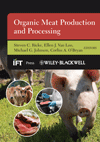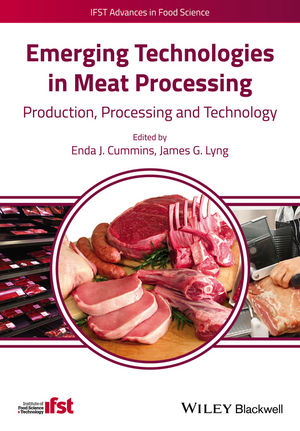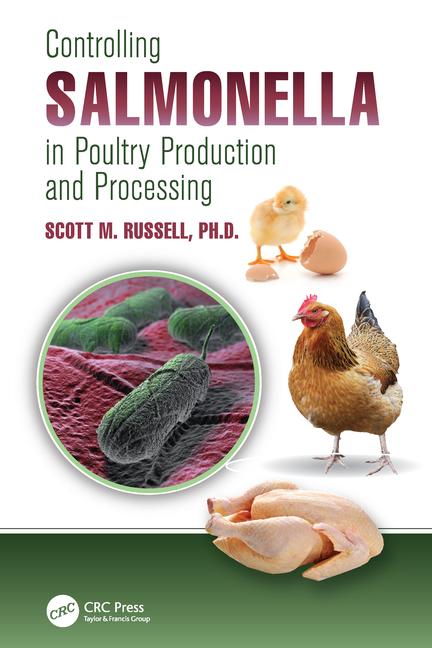Ralco acquires patent for land-based shrimp production

As the global demand for protein continues to expand, Ralco announced that Texas A&M University has licensed its patent for the super-intensive raceway system of shrimp production for the United States of America market to the agriculture company based in Marshall, MN. World- renowned shrimp expert, Dr. Addison Lawrence, developed the technology covered under the patent and contends that the super-intensive raceway system can produce 1,000,000 lbs. of shrimp/acre of water during a year. The general manager for Ralco’s shrimp division, Michael Ziebell, said the technology overcomes many of the challenges facing the shrimp industry.
“The technology that has been licensed to Ralco changes the rules of the industry altogether,” Ziebell said. “Shrimp harvesting of the oceans has reached its limit. Shrimp ponds are currently struggling with disease and the oceans are rising which is silting in existing shrimp ponds and the cost of transporting shrimp a third of the way around the world is extremely high. The super-intensive raceway system provides us with great competitive advantage. We will be able to grow shrimp in a confined environment, with a greater ability to control disease and provide a predictable supply of fresh shrimp. There is nothing better than to be able to change the rules in an industry.”
Ralco is currently constructing a pilot shrimp research facility at the Ralco Technology Campus in Balaton, MN. The facility will provide Ralco’s aquaculture technical team with the ability to further refine structural elements of the raceway system to ensure that future commercial production facilities produce shrimp as efficiently as possible.
“Dr. Lawrence has proven that the concept works, but it needs to be scaled up from lab to commercial facilities and you can’t do that in one step. There is a middle ground where we need to make sure that we develop the raceway framework, the physical parts of the building and system that can be scaled up to commercial size. So the first step for Ralco is to construct a research facility that will adequately predict commercial production and we are going to do that at the Ralco Technology Campus in Balaton,” said Ralco Vice President, Brian Knochenmus.
Ralco is taking a highly strategic approach to shrimp production. The company will provide commercial producers with specifications for land-based production facilities. It will provide the shrimp larvae and the feed for the shrimp. It will also process and market the shrimp to the American supermarket industry and the worldwide food service industry. The holistic approach will provide a consistent source of high quality shrimp to the food industry. Ziebell said the supply of shrimp would ultimately alter the way consumers view the protein.
“The reason I believe we can increase the household consumption of shrimp is that shrimp is a beautiful protein. It is a very healthy protein. It contains cholesterol but it is only good cholesterol and when we more efficiently produce it and get it to market at a more competitive price, then consumption will grow. Today the American consumer thinks of shrimp as an expensive treat, but it will become a healthy alternative,” Ziebell said.
Ralco technologies have been utilized to promote the health and performance of shrimp for years. However, Knochenmus said taking shrimp production to the next level with a strategic approach to land-based systems aligns perfectly with Ralco’s overall mission.
“This project is grounded in technology development that will produce more safe and abundant food, which is very true to the Ralco mission. We see that shrimp plays an extremely important role in supplying safe and abundant food, and Ralco is as well positioned as anyone to develop this concept and scale it up to commercial success,” Knochenmus said.
Ralco is a third-generation family owned multinational company with distribution in more than 30 countries. A leading global provider of livestock nutrition, animal health products and crop enhancement products; Ralco supports large segments of the livestock, poultry, aquaculture and crop industries.
For more information go to www.ralconutrition.com.
Looking for a reprint of this article?
From high-res PDFs to custom plaques, order your copy today!








